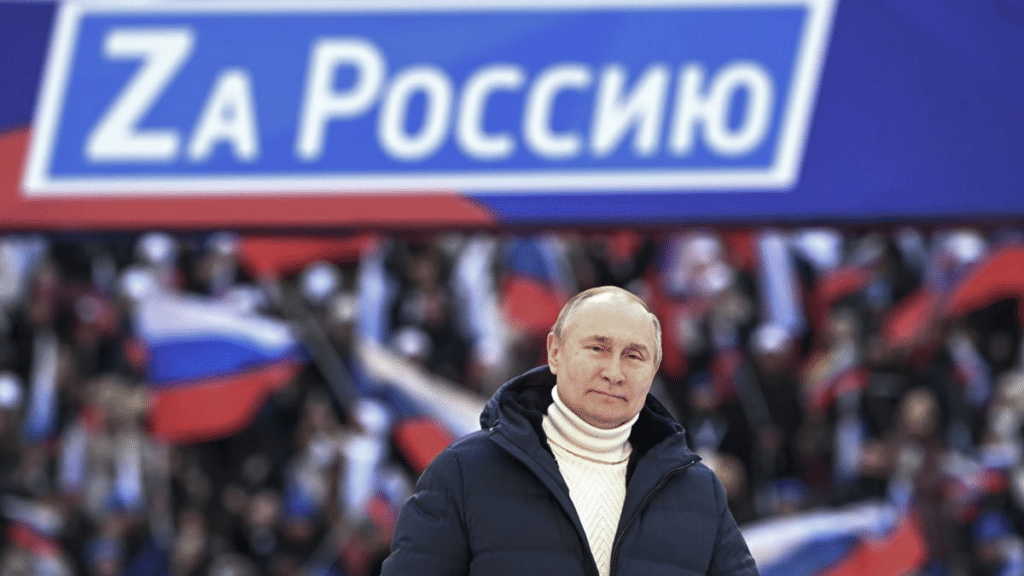The secretary general of the European electricity employers’ association, Eurelectric, Kristian Ruby, maintains that the “Iberian mechanism” of Spain and Portugal is a bad solution for the EU because it encourages gas consumption, advocates “systemic” energy savings and assures that companies are facing the reform of the electricity market in a “constructive” way.
“If everyone in Europe did that, (Russian President Vladimir) Putin would be happy,” said Ruby, the head of the Brussels-based lobby of business associations in the electricity sector, in an interview with EFE.
Critics of Spain and Portugal’s iconic system that caps the price of gas used to produce electricity dispute its effectiveness, say it creates uncertainty for investors and claim it encourages gas consumption, as Spain reduced consumption by only 10.8% between August 2022 and April 2023 compared to an EU average of 17.7%, according to Commission data.
Proponents of the Iberian system attribute this difference to the increase in electricity that Spain sells to France and a historic drought that weighed down hydro generation, and claim that it has saved more than 5.1 billion euros in Spanish bills since it began to be applied in June 2022 until mid-March 2023, according to government data.
Eurelectric rejects market interventions
Eurelectric rejects interventions in the market, both the Iberian mechanism and other types of “caps” on gas, but the large companies in the sector, on the other hand, look favourably on the Commission’s proposal to tackle market reform, because the “most disruptive” concepts have evaporated.
The European electricity employers’ association believes that it will be possible for the Member States and the European Parliament to reach an agreement in the coming months, in a final negotiation that will coincide with the Spanish presidency of the EU Council.
“We are on a fairly constructive line with the reform. We are not planning to derail it. We just warned strongly against the system that was put in place as an emergency measure and what we don’t like about the González Casares proposal is that it reintroduces that system,” says Ruby.
He is referring to the ceiling of 180 euros per megawatt-hour for renewable, hydro and nuclear generation proposed by the rapporteur of the text in the European Parliament, Spain’s Nicolás González Casares (PSOE), which would be activated in the event of a repeated sharp rise in gas prices on a sustained basis.
The price is in line with the “dynamic cap” on wholesale gas purchases approved last December by the EU-27 as an emergency measure.
Price caps solve nothing
Ruby argues that “it would solve nothing” and would drive away the investments the EU needs to change the energy matrix of its economy, which are already migrating to the oil and gas sector because “they see that there is no intervention and no public policy or discussion about these huge benefits”, while “the whole focus is on changing the rules of the electricity sector”.
Instead of introducing clauses to interfere in the market, the champion of the electricity sector in Brussels proposes negotiating different fiscal rules with states and companies, which would be “more manageable” for companies because “nobody is super proud of a war dividend, a huge profit dropped from the sky”.
But above all, he says, he wants to see “systemic” energy savings – not just electricity – and not be complacent about the reduction in gas consumption recorded during the price crisis, which is mainly due to the economic slowdown and a mild winter, demand destruction and, to a lesser extent, “spontaneous” savings due to famine.
“I don’t think 2022 was a historic year for energy savings. I don’t buy it. There was a reduction, but it was a mild winter. If society had felt real pressure, in the sense that doing this is a matter of life and death, we could have done a lot more,” Ruby says.
Beyond the market
The electrification of the European economy also faces other challenges, such as the “dominance” of China in the entire solar panel value chain, which could become a critical issue if there is an “irreconcilable trade war between China and the EU caused by a geopolitical rift”, and the security of installations.
“No infrastructure built in the last thirty years, except for some nuclear power plants, has been built to withstand a war,” sums up Ruby, who evokes the unsolved sabotage of the Nord Stream I and II pipelines and the recent journalistic revelations about Russian ships in the area before the explosions.
According to the Eurelectric secretary general, protecting energy infrastructure will require cooperation between politicians, military and business to devise contingency plans that could include enhanced surveillance of hostile ships in European waters, designing “mesh networks” rather than “point-to-point” connections, or banning shipping in sensitive areas.
“We have to look at our critical infrastructure with a new pair of glasses: as a potential target for hostile military operations and sabotage,” he concludes.
